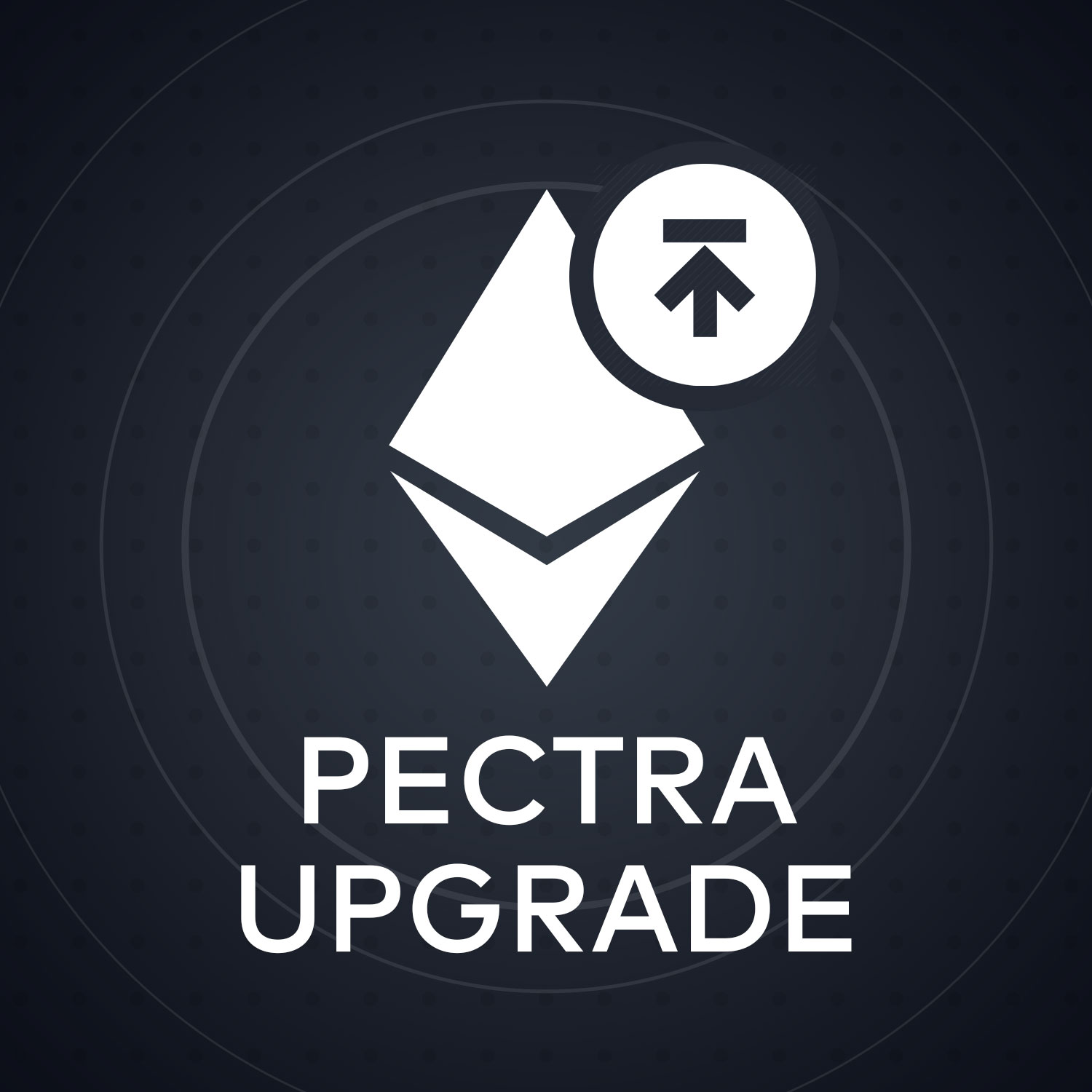Ethereum is a constantly evolving blockchain platform, committed to improving scalability, security, and efficiency. One of the latest milestones in its development is the Pectra Upgrade.
What is the Pectra Upgrade?
Pectra is a combination of the Prague and Electra upgrades, aimed at enhancing Ethereum’s network performance through key improvements in scalability, staking, and smart contract optimization.
Prague focused on boosting scalability and network efficiency by introducing essential technical changes, such as smart contract optimization, transaction cost reduction, and the implementation of Verkle Trees – a solution designed to improve data storage and access on Ethereum. It also included security and decentralization upgrades to ensure the network could handle more transactions without compromising on its core principles.
At the same time, Electra concentrated on expanding staking capabilities and improving validator flexibility. It introduced modifications to the staking system, enabling more efficient validator rotation and optimizations that enhance decentralization and network participation. It also included improvements for Layer 2 networks, making interactions between Ethereum and scaling solutions more seamless.
By combining these two updates, Pectra aims to unify these benefits into a single comprehensive solution, enhancing Ethereum’s overall performance and making the network faster, more scalable, and more efficient for both users and developers.
Pectra implementation progress
Initially, Pectra was tested on the Holesky and Sepolia testnets. However, due to issues encountered during testing, developers launched a new testnet, Hoodi, on March 17, 2025. This new testnet was introduced to replace Holesky and provide a more stable environment for testing Pectra’s new features before mainnet deployment.
It is expected that the Holesky testnet will be deprecated in September 2025, with Hoodi taking over as the main testing ground for future upgrades. Originally, Pectra was scheduled for mainnet launch in March 2025. However, due to the need for additional testing on Hoodi, the rollout has been delayed to ensure a smooth transition and address any issues identified during testing.
Key changes crought by Pectra on Mainnet
1. Account Abstraction
This feature enables the creation of smart wallets, which can automate transactions and enforce custom rules for fund management. For instance, a wallet could be configured to sign transactions only under specific conditions, increasing security and flexibility for users and developers.
2. Smart contract optimizations
Pectra introduces improvements to how transactions are processed and how smart contracts are executed, reducing gas fees and enhancing overall network performance. These optimizations support the development of more efficient and accessible applications.
3. Staking mechanism improvements
The upgrade enhances validator rotation and staking efficiency, contributing to a more secure and decentralized network. While the 32 ETH per validator requirement remains, Pectra improves validator management and may adjust rewards to encourage more balanced and effective network participation.
Benefits of Pectra for the Ethereum community
For Users:
- Lower costs: Smart contract optimizations reduce transaction fees, making blockchain interactions more accessible.
- Greater flexibility: Account abstraction allows for smart wallets tailored to individual user needs. For example, a user might configure a wallet that enables key recovery through multi-factor authentication (e.g., email and a backup device), eliminating the risk of losing funds due to a forgotten seed phrase.
For Developers:
- Advanced tools: Access to smart wallets and advanced smart contract capabilities opens new possibilities for building innovative applications. For instance, an NFT marketplace could use smart wallets to enable automated multi-currency payments and instant royalty distribution to creators, without manual intervention.
- Increased efficiency: The optimizations reduce development and deployment complexity and costs.
For Validators:
- Higher rewards: Expanding staking limits allows for greater rewards, incentivizing active participation in validation.
- Improved security: A higher number of validators leads to a more secure and attack-resistant network.
Challenges and considerations
Although Pectra brings many improvements, its implementation requires proper preparation from all network participants. Users, developers, and validators must familiarize themselves with the new features and ensure their infrastructure is compatible with the changes introduced by the upgrade.
Conclusion
The Pectra Upgrade marks a major step forward in Ethereum’s evolution, targeting improved scalability, efficiency, and user experience. By merging the Prague and Electra features, this upgrade is set to deliver significant benefits across the entire Ethereum community.

